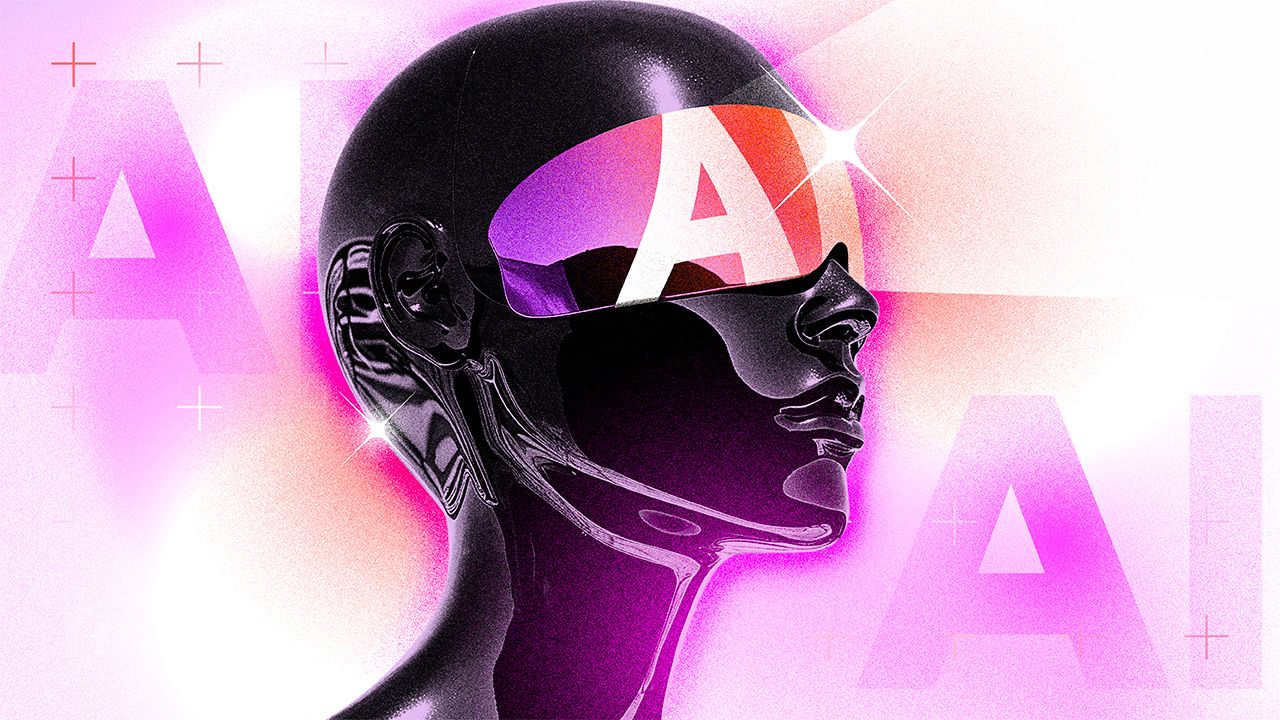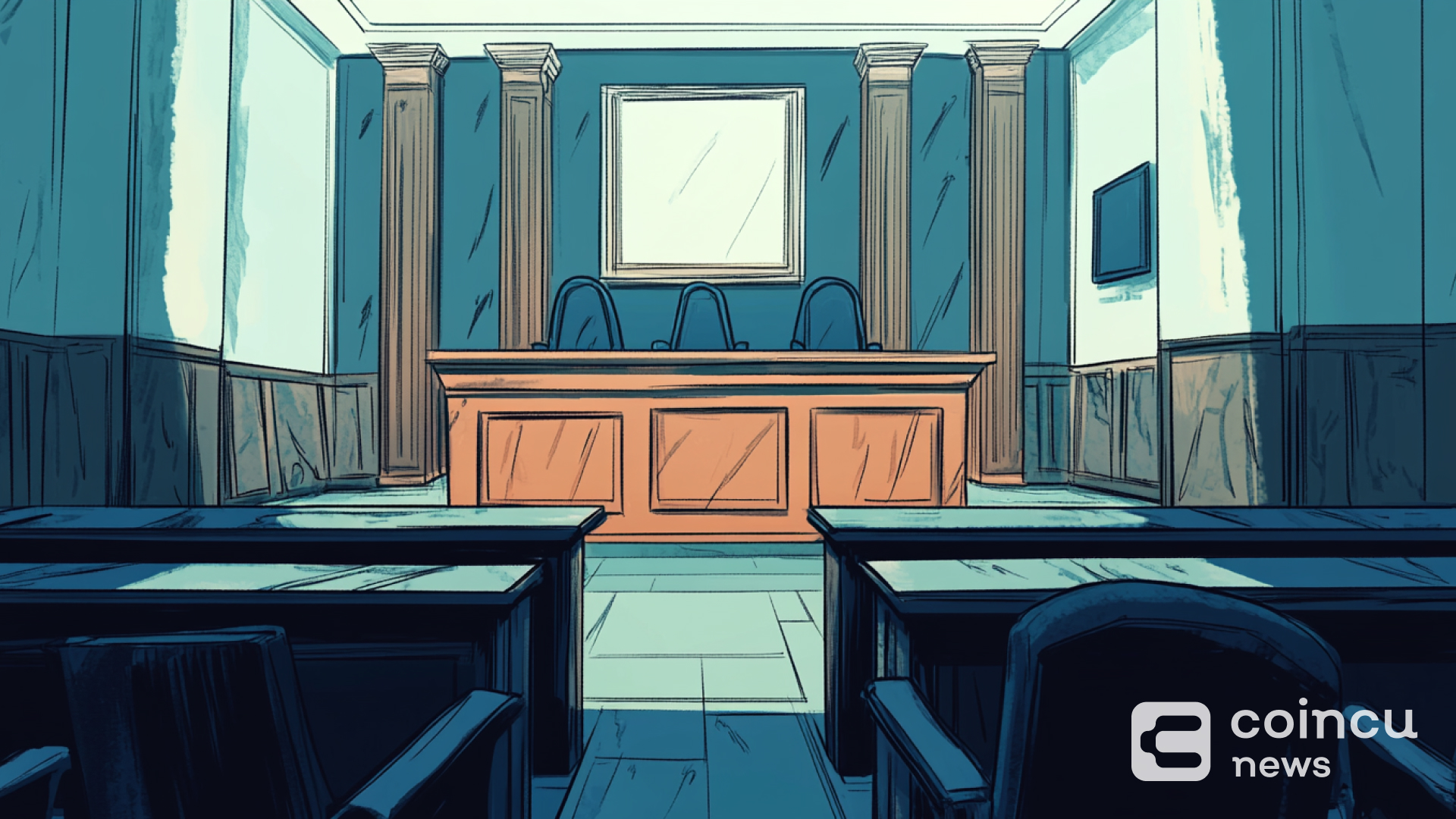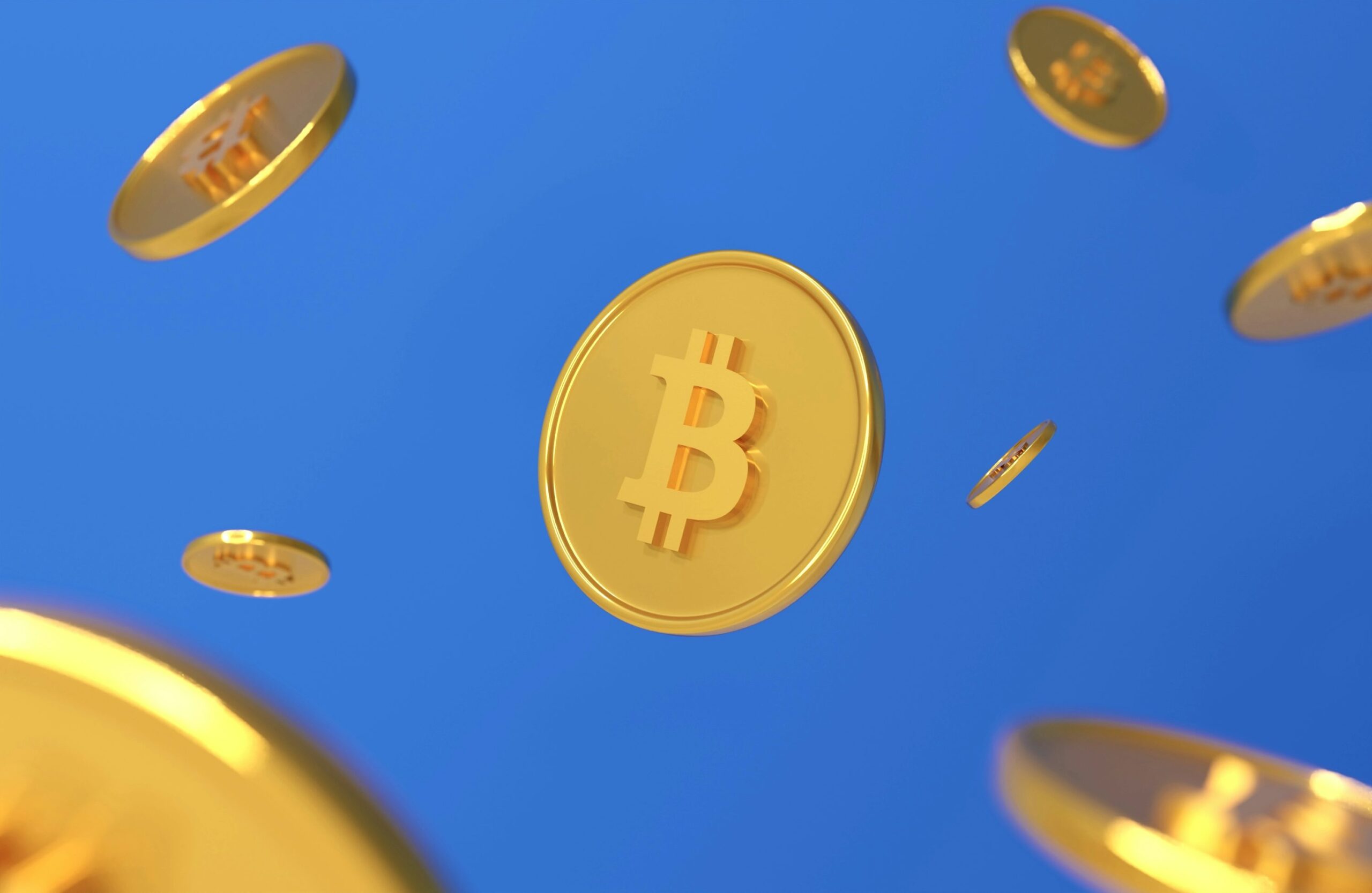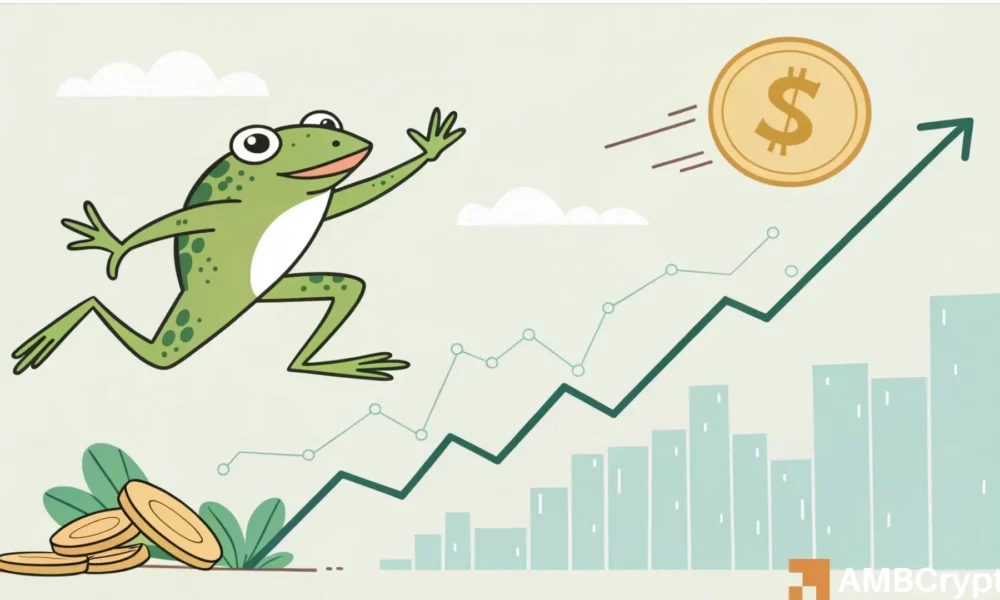Charles Hoskinson and Decentralized Governance: The Future of Cardano
Cardano’s Push Towards Decentralized Governance
Charles Hoskinson, the visionary founder of the Cardano blockchain, recently delivered an extensive live stream update outlining a major push toward decentralized governance. In his address, Hoskinson discussed the status of Cardano’s ongoing constitutional ratification, introduced details of a forthcoming roadmap, and explained a proposed budget overhaul—all aimed at ensuring that Cardano evolves without a centralized executive branch.
The Road to Decentralization
Decentralization has been a core principle of Cardano since its inception. Hoskinson’s emphasis on decentralized governance reflects the project’s commitment to transparency, security, and community inclusivity. By moving towards a more decentralized model, Cardano aims to empower its users and stakeholders, ensuring that decisions are made collectively rather than by a central authority.
One of the key aspects of Cardano’s push towards decentralized governance is the ongoing constitutional ratification process. This process involves the creation of a formal constitution that will outline the rights and responsibilities of stakeholders within the Cardano ecosystem. By establishing a clear framework for governance, Cardano seeks to foster a more inclusive and democratic decision-making process.
A New Roadmap for the Future
In his live stream update, Hoskinson also unveiled details of a forthcoming roadmap that will guide Cardano’s development in the months and years ahead. This roadmap includes a series of technical upgrades and improvements aimed at enhancing the security, scalability, and sustainability of the Cardano blockchain. By outlining a clear plan for the future, Cardano aims to instill confidence in its community and attract new users and developers to the platform.
Proposed Budget Overhaul
Another key component of Cardano’s push towards decentralized governance is a proposed budget overhaul. Hoskinson explained that under the new budget system, funds will be allocated based on community proposals and voting. This change will give stakeholders a greater say in how resources are distributed and ensure that the Cardano ecosystem remains vibrant and dynamic.
How will this affect me?
As a user or investor in Cardano, the move towards decentralized governance is likely to have a positive impact on you. By giving stakeholders a greater say in decision-making, Cardano aims to create a more inclusive and transparent ecosystem. This could lead to better governance, increased community engagement, and a stronger network overall.
How will this affect the world?
On a global scale, Cardano’s push towards decentralized governance could have far-reaching implications. By demonstrating the feasibility and benefits of decentralized decision-making, Cardano is setting a new standard for blockchain projects and potentially inspiring others to follow suit. This could lead to a more democratic, open, and resilient blockchain ecosystem that benefits users and society as a whole.
Conclusion
Charles Hoskinson’s recent live stream update outlining Cardano’s push towards decentralized governance represents a significant milestone in the project’s evolution. By prioritizing transparency, community engagement, and inclusivity, Cardano is laying the foundation for a more robust and sustainable blockchain ecosystem. As Cardano continues to push towards decentralization, its impact will be felt not only by its users and stakeholders but by the wider world of blockchain technology.





